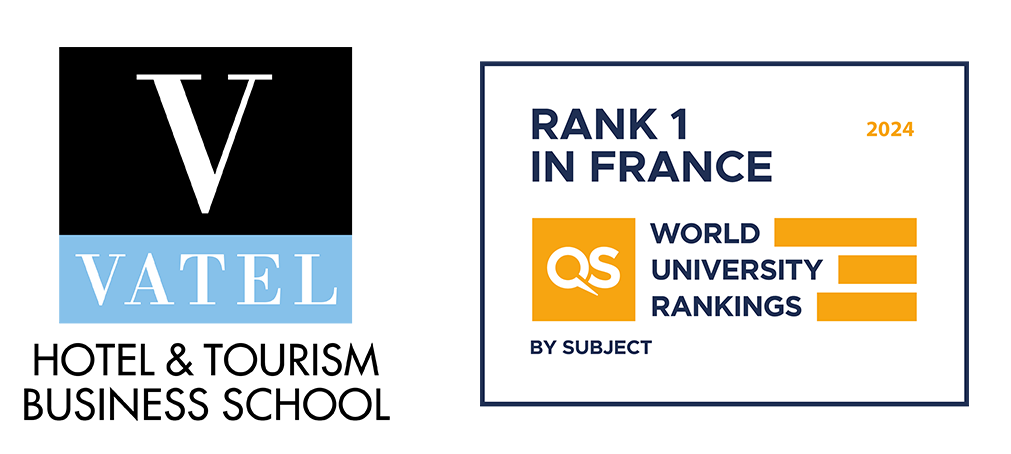Creating customer value through digital innovation in the hospitality industry
Adrien Lanotte, the Market Research Manager at Hospitality ON (the largest multi-support media on current events in the international hospitality industry, and “World Hospitality Awards” organizer) spoke to Vatel Bordeaux students about several innovative trends which have changed guest relations for professionals in the hospitality and restaurant services industry.
Digital technology, a tool that creates a trusting environment in the hospitality and restaurant services industries
As in most fields, digital technology has a growing presence in hospitality and restaurant services. Digital technology impacts everything: both services and products.
To succeed, a good digital environment must first and foremost strengthen trust between a hotel-restaurant and a potential client. To accomplish that, you need concrete and transparent actions, “for instance, publishing ‘live feed’ photos taken by clients on social networks and of course their comments, both positive and negative:” these are things that reassure potential clients.
Extensive use of digital technology in restaurant services will also allow customers to “know the exact composition and nutritional intake of what they’re eating,” predicted this market research manager. This is very important in today’s world where many people suffer from allergies and are on specific diets.
Artificial intelligence, a new revolution in particular for hospitality

Digital technology is a fantastic opportunity for the hospitality industry to help increase productivity (as it streamlines all administrative processes) and it also puts a context in place that is conducive to individualized guest relations.
Soon, “artificial intelligence will facilitate the use of big data to make it a more systematic element of customer experience. But AI will have to reshuffle the cards in many hospitality and restaurant services domains: for instance, just think about the impact of autonomous cars for valet services or in parking lots.”
Creating a totally immersive experience
But “innovation is not just digital technology or distribution,” added Adrien Lanotte. Little extras will remain very important in customer satisfaction, and that can include simple gestures from staff members to small investments, such as “led lighting on the way towards the bathroom at night.”
Last but not least, customers appreciate all their five senses, especially in restaurants. Multisensorial experiences, such as the Sublimotion concept in Spain, have paved the way for this. What do we mean their five senses? While you’re dining, you’ll take an auditive and visual trip linked to what you’re having to eat. You’re eating ice-cream? Leave on an expedition to an iceberg in the North Pole.
Whatever the novelty may be, especially when it’s a digital one, it must be designed to “remain a possibility, never an obligation. Customers are the ultimate judge of the interest an innovation has,” concluded the research marketer.
